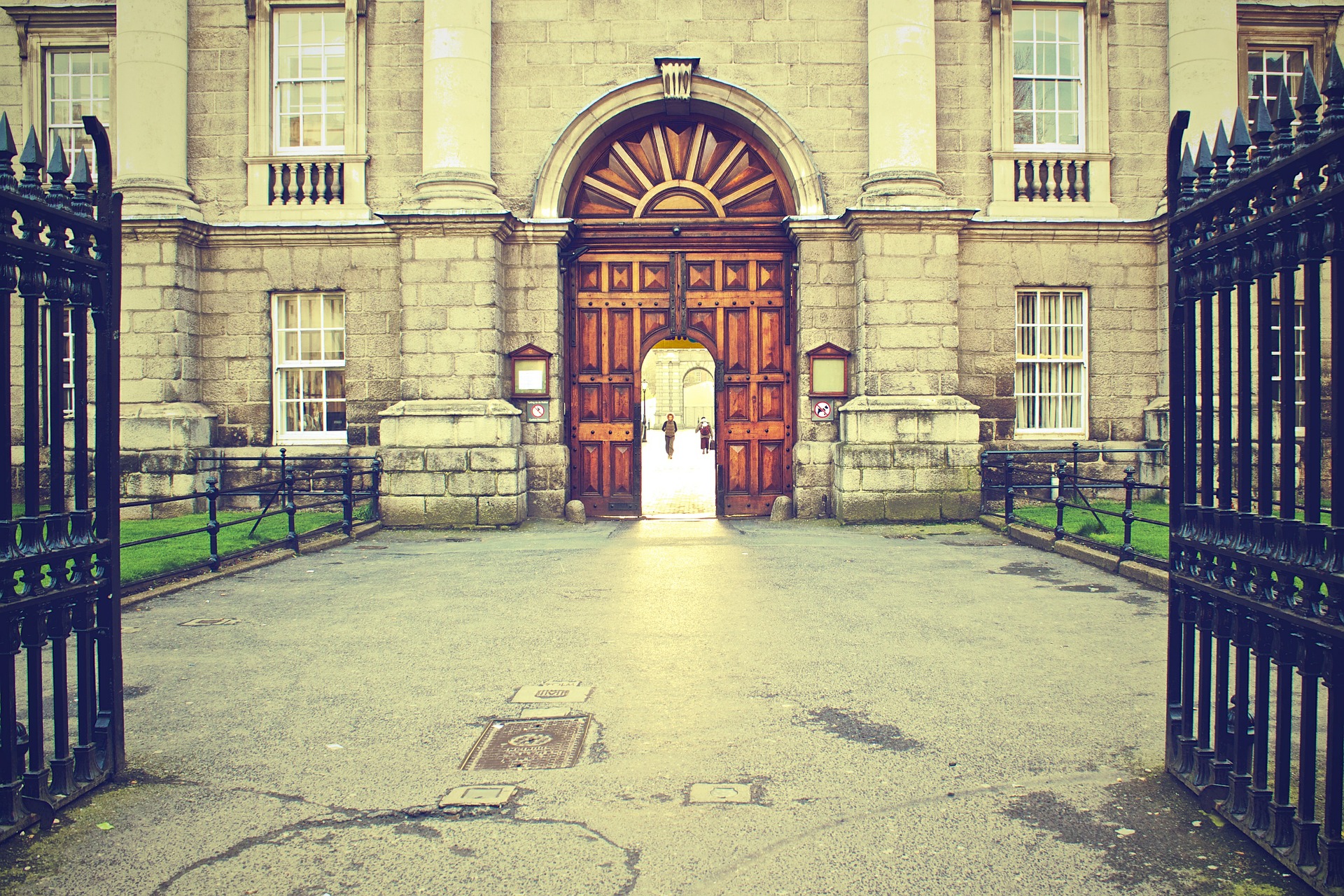
The reality is that disabilities, on campus and in our country, are swept under the carpet or hidden behind closed doors. Nobody cares, nobody wants to care, nobody wants to talk about them and it is suffocating a huge demographic of people who live in this country.
The CRPD enables people with disabilities to have access to healthcare, education, employment, expression, opinion, information, and life. As of 2016, when the Netherlands ratified it, Ireland became the only member of the EU that have not ratified the CRPD, Frankly, it’s embarrassing.
The Irish government say ‘the climate isn’t right’ but that’s a blatant lie. They just don’t want to prioritise funding for these services, and don’t see providing a decent quality of life for people with disabilities as a priority.
The 2011 Census showed that 13% of people in Ireland have a Disability, while the National Disability Survey, conducted in 2006, recorded a rate of 18%. However, one of the most overlooked disabilities is mental illness.Our generation face higher rates of mental illness than ever before, and for the first time in Trinity Disability Service’s history, a mental disability has been the most frequently registered disability. One in five young people between the ages of 19 and 24 experience some kind of mental disorder.
Let’s not forget to take into account that the majority of disabilities in Trinity and in life are invisible and that you don’t have to be born with a disability to have one. Anybody can fall under the category of ‘person with a disability’ at any stage of their life.
So what is the CRPD? Why so many letters? It stands for the UN Convention on the Rights of People with Disabilities. The UN CRPD was adopted on the 13 December 2006 and the EU encouraged all member states to sign on and ratify after it was opened for signature in 2007. In 2007 our government signed on, tricking many into believing that ratification would follow. But in 2017 it still hasn’t been ratified.
In many ways, those who become institutionalised because of mental disability – those tormented with outdated methods like electroshock therapy and numbed out of their minds on meds – are just like the women of the Magdalene Laundries, or those who were forced into Catholic homes for the mentally ill.
If those stories from the past anger you, if they make you burn with injustice, then know that injustice is still happening in other forms in Ireland today. If you care about repealing the eighth amendment and giving people choice then know that this is just another battle for choice. Choice being the word most often spoken in impassioned speeches at the protests I’ve attended. Choice meaning that an unborn child having a disability isn’t going to cause constant worry for parents, that they will know that their government will actually provide access to support and services.
If you feel anger or upset at any sort of mass abuse of human rights you happen to stumble across online, know that 200 metres away from Trinity, politicians are refusing to acknowledge the basic human rights of every single human being with a disability in our country.
Having a disability can be one of the most isolating things you’ll go through. It’s exhausting, it’s doors constantly slammed in your face, it’s parents having to help their children long after they’re capable. It’s a crisis, a silent crisis that is hurting our people, friends and families. So if you care, if you see yourself as a person who is in any way compassionate, march with me.
Don’t make those of us who fight every day march alone. This is an issue that should matter to you regardless of your own circumstances.
March with us today, December 9, 12pm, GPO.






